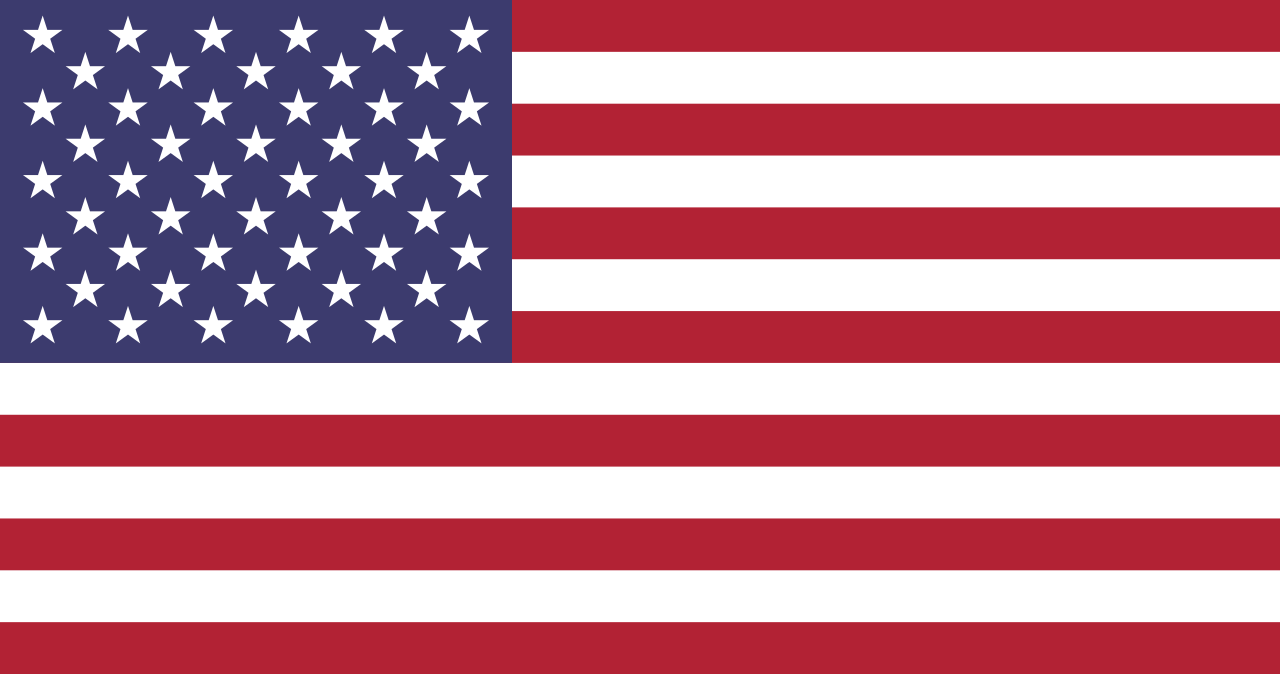MIllard Fillmore by Robert Rayback
Robert Rayback was a professor of history at Syracuse who originally intended to write a book about the history of the Whig party, primarily in the state of New York.
That his Millard Fillmore: Biography of a President is still considered the best book on America’s thirteenth president speaks more to the dearth of published works dedicated to the former Anti-Mason than it does to any quality to be found herein. I’m not sure which point is more telling, the fact that Rayback’s work is the most recently published biography of Fillmore (it was printed in 1959) or that it took more than sixty years for anyone to bother writing the first one back in 1915.
Nevertheless, Rayback at least found Fillmore interesting enough to pivot from his assessment of the Whigs to focus solely on Zachary Taylor’s heir, though you might be hard-pressed to recognize that pivot as you plod through the book’s 470 pages. Fillmore is firmly ensconced throughout not as a primary actor, but instead as a complimentary character that makes occasional, at times consequential cameos.
To say this book is frequently tedious, would be an understatement. I found it to be extremely difficult to get through and contemplated ditching it for Paul Finkelman’s shorter American Presidents Series volume on a number of occasions. The only thing stopping me was the equally grim assessments of Finkelman’s work. Fillmore, clearly, is a hard man to bring engagingly to life on the written page.
Why did I stick it out? Well, just when you feel you might succumb to Rayback’s arduous accounting of every twist and turn of say Fillmore’s political cat and mouse act with Thurlow Weed or his tedious recitation of every state primary vote or patronage post, Rayback will reel you back in with well-written and engaging chapters on Fillmore’s social life in Buffalo, or his philanthropic efforts post-presidency.
Unfortunately, those chapters are few and far between. I learned very little about Fillmore’s family life or what drove him as a man in these pages. When these more domestic details did shine through the occasional crack in the omnipresent legislative surface, the book was much better for it.
As for Fillmore himself, he was raised in a log cabin near the Finger Lakes in upstate New York. Having grown up in poverty, he faced a life of menial labor which he abhorred and instead bought a share in a local circulating library, devouring as much knowledge as he could in place of more formal schooling. He eventually apprenticed with his landlord, a local judge, as a law clerk, before moving to the Buffalo area with his family.
In the Queen City, he began to blossom. Fascinated and inspired by the more cosmopolitan environment of a growing metropolis (the Erie Canal was quickly transforming the region into an economic power), Fillmore practiced law and became active in politics through the emerging Anti-Masonic party that would soon evolve into the Whig party. He was eventually elected to the U.S. House of Representatives in 1833 and after serving four terms in Congress, he became the Whig VP candidate under war-hero Zachary Taylor in 1848.
Of course, Taylor ended up dying just over a year into his presidency, leaving Fillmore to oversee the Compromise of 1850 that forestalled the Civil War but exacerbated sectional tensions nonetheless. This would be the defining act of his presidency, though despite Rayback’s narrative, the hard work on the compromise was mainly in debt to Kentucky’s Henry Clay.
But it was Fillmore’s enthusiastic enforcement of the Fugitive Slave Act (despite his personal opposition to slavery) that in time alienated him from Northern abolitionists and much of the Whig base and the party subsequently denied him the nomination in 1852, instead tapping Gen. Winfield Scott, who would go on to lose to Democrat Franklin Pierce.
Fillmore spent his post-presidential years back home in Buffalo, where he oversaw a number of philanthropic and civic endeavors.
As a man, Fillmore seemed to be an admirable person. He was passionate about the strength of the American union, was a prolific and successful lawyer, a patron to institutions of learning and self-betterment and generous to his friends, neighbors and family. As a compelling presidential subject however…maybe that could be accomplished in time with the right biographer.

